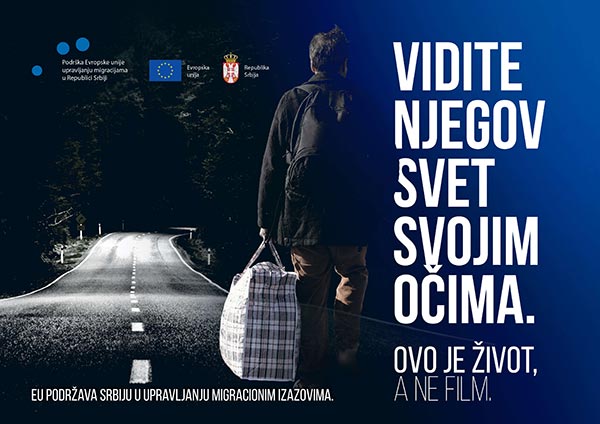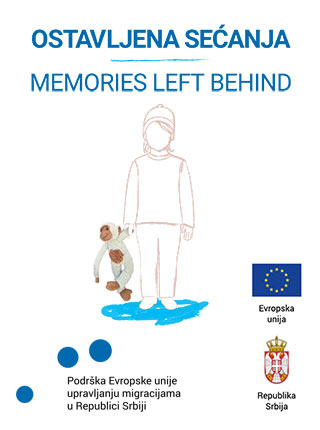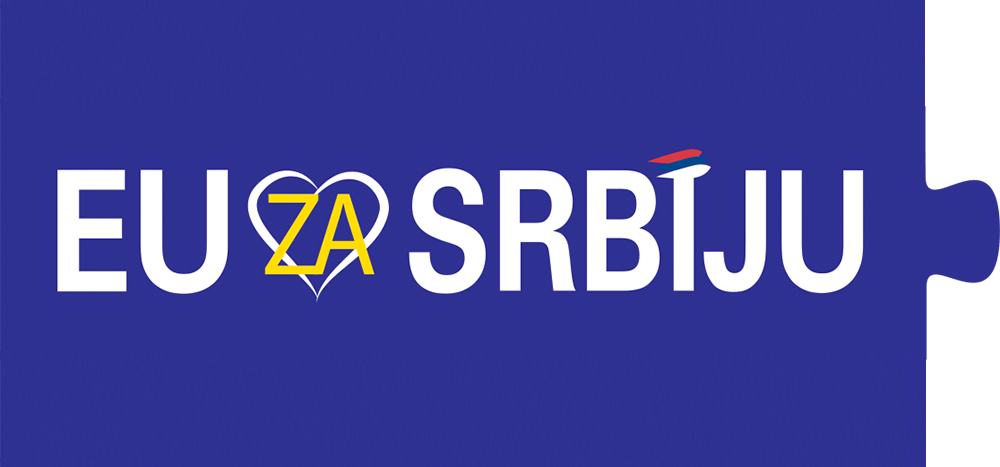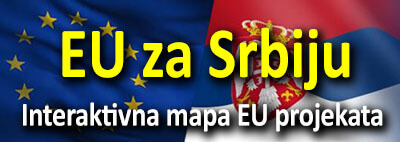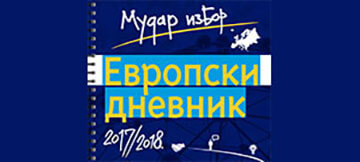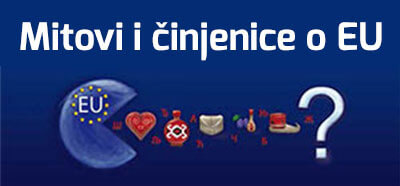22 September 2020
Good Man Gagi
There have been many heroes among us who have remained unknown. No front-page articles have been dedicated to them nor else have there been any news stories to record and tout their many deeds. When leaving this world, they do so quietly and unassumingly, in much the same way as they lived their lives while in it. During the migration crisis which affected Serbia in 2015, and while working for a large international organization I had the opportunity to bear witness to and participate in events of historic significance, working with and meeting many such heroes along the way.
Beginning with the children who through rain and snow, through forests and untrodden footpaths stretching many thousands of kilometres followed in the footsteps of their parents on the road towards a better life, to the elderly men and women eager to once again meet up with their children long since departed for the wider world in search of a better life, not so that they might live there, but instead that they might die among their own, and through to those heroes in Serbia waiting to receive them, offer them a hand in friendship and support, presenting thereby the humane face of their country and its people in the best possible light.
These heroes who at times worked for stretches of up to 20 hours in order to ease the suffering of those they met on a daily basis and taking upon themselves a portion of their plight in return for a smile and a thank you here and there because such was the nature of their work and this is as it should be. It is difficult, near on impossible to explain to people who were not part of the humanitarian response offered by the Republic of Serbia to the migration crisis, what kind of a world within a world this experience truly was. How one quickly and at times unconsciously comes to be attached to one’s colleagues and companions, how you look out for one another helping to keep each other sane, offering encouragement and support to those who on account of fatigue or sadness sometimes falter; the laughter at those things which cannot be understood by those looking in from the outside, how you develop a new language and way of communicating among yourselves, how you change and grow through the passage of time while all the while the job at hand does not become any less difficult. On the contrary, it only gets more difficult with time but the thought of giving up never crosses one’s mind.
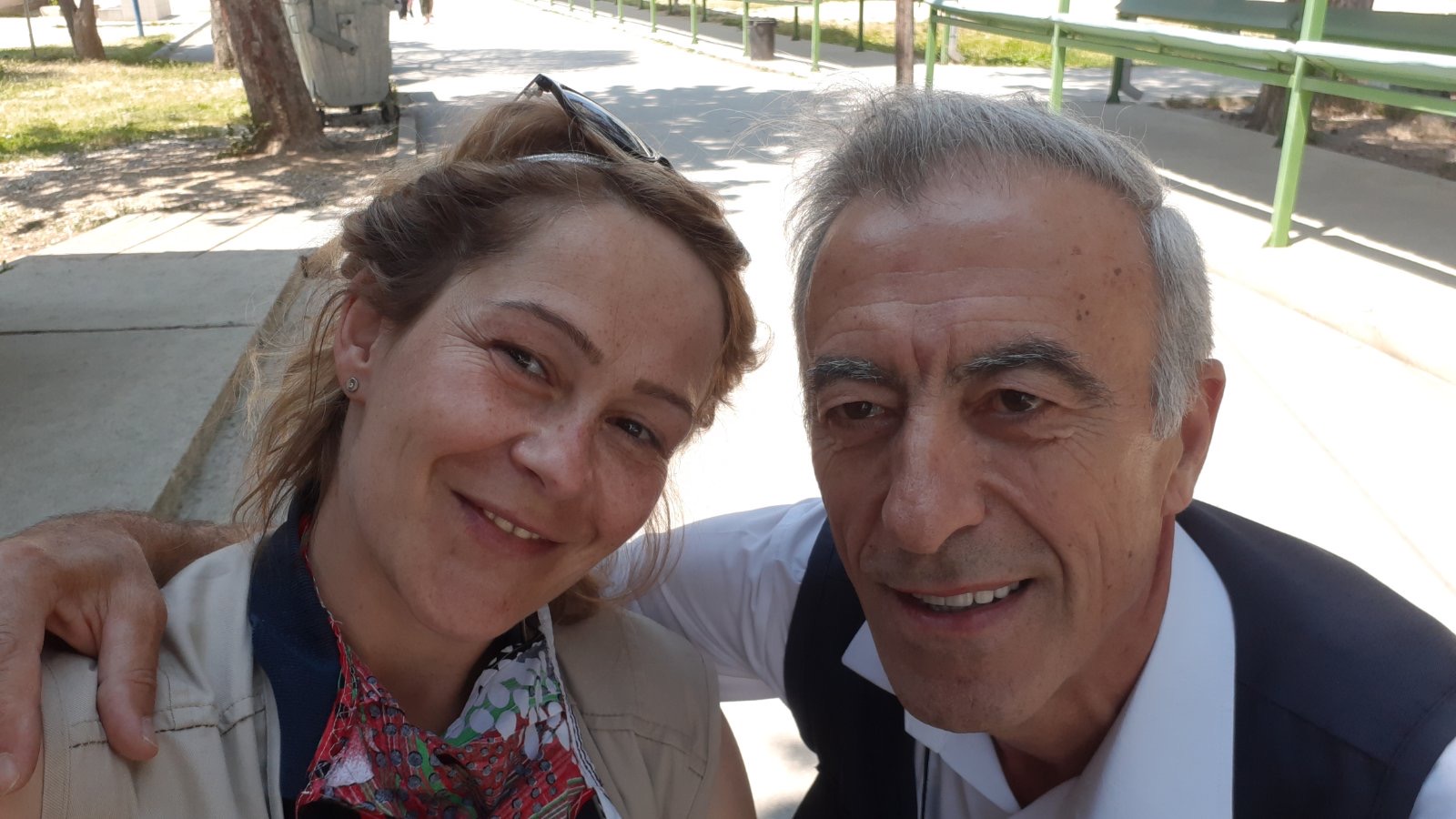
“A person will get attached to this, much the same way they will get attached to war,” I quote my colleague, but wars leave scars and trauma, in as much as they give birth to friendships which endure for a lifetime. I have met many important people over these couple of years that I have worked in the field in the migrant reception centres. Mission chiefs, ambassadors, donors, ministers, councillors, all types of politicians, generals and the like. I have nothing but the utmost respect for the contributions that each of them have made within their own individual field of expertise. Their efforts ensured that the Republic of Serbia would gain control over the migratory flows traversing her territory and do so honourably and without giving rise to many problems. But when these important personages leave the field, those who remain are the ‘little people’, those who are charged with the responsibility of translating their expectations into actions, into good deeds, into life itself. Gagi was one such person – one of these ‘little people’.
Mr. Gagi whom since my very first day at work back in October of 2015 up until my last I never knew how to properly address – Gagi, Mr. Gagi, Gagisha, you plural, you singular, – confusion. I knew next to nothing about him. From the town of Presevo, of that I’m certain, his date of birth he himself did not know for certain on account of his parents not having registered him on time; he had sired three children and that was the extent of all that I knew for sure. He was the first one to open the gates of the former Tobacco Station in Presevo, overgrown with weeds on account of the years it had lain dormant. He was there for the whole time that this former ruin of a complex was slowly being transformed into the most modern migrant centre on the Balkan Migration route. He knew every stone that belonged to this complex, every key and the corresponding lock it would open. He would receive and bid farewell to numerous delegations, would prepare coffee, move furniture from place to place, carry beds and mattresses, would do any and all manner of jobs and in general and at all times he would ensure that he was useful.
Gagi even went as far as to develop his own form of greeting, a simple bumping of fists long before this had become common practice on account of the Corona pandemic. Always in motion, unassuming, neat and freshly ironed, attired in a white dress shirt white as the virgin snow and wearing shoes so clean and polished that they shone. Lean, upright and long since gone grey, a good spirit and legend of the Reception Centre in Presevo; far too dignified to be considered a mascot. It has been said that all great friendships begin with great fights, and so it had been with us. It was a winter’s night in March of 2016. There had been talk about the closure of the Balkan Route, which had made the whole place was on edge with a nervous sort of energy. Every night we would bid farewell to large groups of migrants boarding the train and heading for the North of the country. The instructions coming from our higher-ups would change from hour to hour. It had been thus on the night when Gagi received an urgent command that he was to move a large number of beds from one room to another. By himself and faced with an almost overwhelming amount of work he had burst into my office besides himself and began shouting at the men to get up, follow him and help. I, being a little Doberman and jealously guarding my team immediately jumped to their defence ready to argue, “You can’t come in here kicking the door down, shouting at my people. When coming to your office I first knock on the door.” I remember his stare and the look of disbelief that had plastered itself on his face in this moment. If another one of our colleagues had not come into the room at this point in time, the Centre’s resident coordinator, I can almost guarantee that the altercation would have turned physical. Afterwards I realised why this was so; two persons born in the sign of Leo and both seeking to prove themselves, me before my team and he before his superiors. I remember being at the edge of tears, furious and terrified, shaking like a leaf as he left the room.
This was the first and only time that I sat down to write a complaint about the work of one of my colleagues, about Gagi. A complaint backed by witness testimonies. Since that night, and through the next six months we ignored each other at every step. We would go out of our way to avoid situations wherein we would be compelled to meet and cooperate. He had had the nerve to shout at me, and I had been brazen enough to say no to his direct order; overly inflated egos did not permit us to sit down, talk it over and ultimately say “sorry” to each other.
It had been much akin to a fight between a father and his daughter, particularly on account of the fact that given our difference in years, the two of us could have been just that. In much the same abrupt manner as we had stopped speaking to one other, we once again began talking. I had need of some screens for some activities I had planned for that day and everyone I spoke to instructed by to talk to Gagi. It was either him or no one else. It is quite probable that our colleagues were sick and tired of seeing the two of us acting like a bunch of petulant children. I went to his office and politely asked him for help and in so doing the “evil” had been dispelled. As if he had only been waiting for some such occasion he said, “Of course Micke. Come with me and choose those you want to use and I will make sure that they are carried to where you need them.”
Since that day we became fast friends. He loved people, most of all those who inspired confusion and scepticism in others, because Gagi well knew how deal with all kinds of people. He would make the best coffee while quietly listening to his favourite radio station and would get angry when his younger colleagues would jokingly change the station. He would shout at the children climbing trees to pick apples because if not he then who else would think of whether or not they would fall out of said trees and break their little arms and legs? When the Reception Centre in Presevo was closed they sent him to work in another centre up until such time as he reached the age required to receive his pension. We went for long stretches of time without meeting one another but I knew that he was working and counting down the days until his pension. When he returned to the workplace he loved so well upon the reactivation of the Centre in Presevo, I believe that his happiness knew no bounds. We were so very happy to see each other when we met once again in Presevo during the state of emergency occasioned by the COVID-19 pandemic. Instead of the traditional fist bump greeting we had practiced in earlier times I was greeted with a warm hug which preceded a million questions. Questions which ranged from “how are you my little one,” to those concerned with how best he could pay his contribution in support of the actions being taken by the COVID system in Vranje which, in those days was in full effect. We spoke at great length but never got the chance to drink the coffee he had offered to prepare because at the time I was in a hurry. “We’ll drink it another time when next we meet here,” I had promised. Now I am sad because I know that we will never again have the opportunity.
It was said that when he had opened the gates of the Tobacco Station in Presevo to receive the first migrants he had said, “I will be the one to close them.” Ten months before he was to reach his pension, he stood by these very same gates bidding farewell to his colleagues who were leaving for some celebration organized the Commissariat in Belgrade. He had bid them a farewell, closed the gate and falling beside it had died. The good man Gagi. The good spirit and legend of the Reception centre in Presevo. A man who loved people. For which reason, it is said that his funeral was such that it is still spoken of in Presevo to this day. I did not attend. I wish to remember him in his white shirt, immaculately dressed and smiling. And as I said in the post I wrote on my Facebook profile, “I am used to losing people but to lose those with whom I have little in common but who all the same have grown dear to my heart, this I will never get used to.”
Rest in Peace good man Gagi.
Milica Andjelkovic Jovanovic








